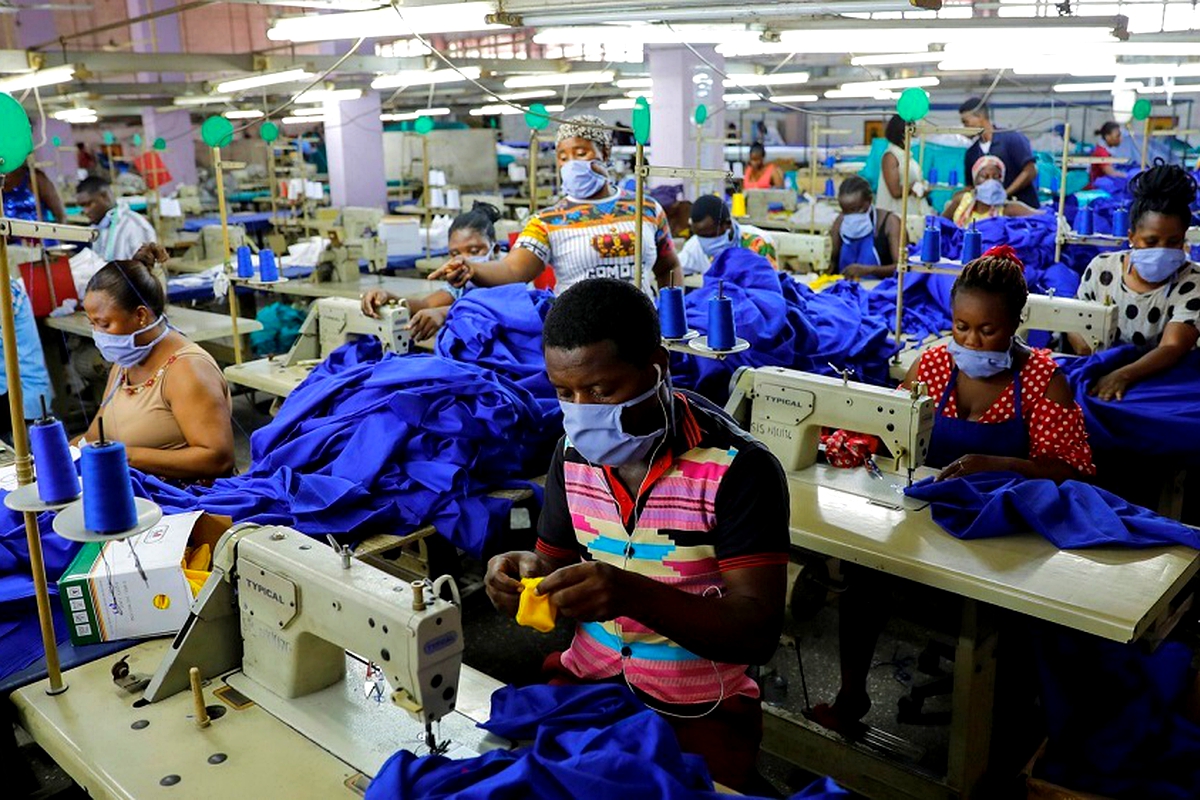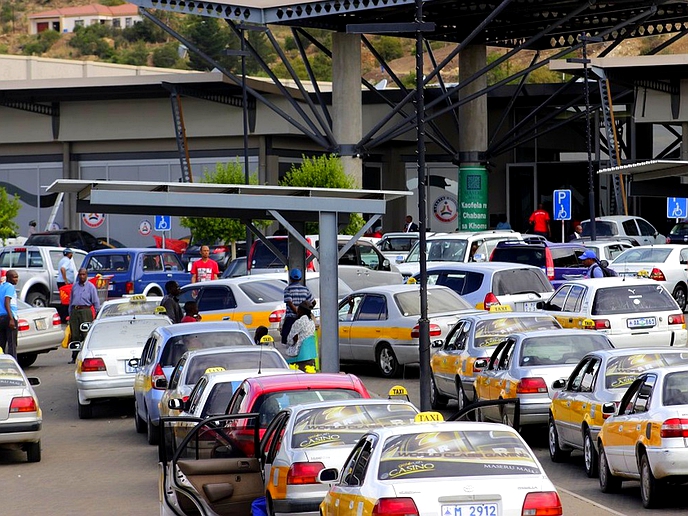TRADE unions remain uncertain about the future of Lesotho’s garment industry given that over 15 000 of the country’s 50 000 garment factory workers have lost their jobs since March 2020.
business
April 22, 2022
KABELO MASOABI
2 min read
Uncertainty hounds textile industry

Workers hard at work in one of the local garment firms
Story highlights
With an estimated population of 2.1 million people and few formal employers, the National Union of Clothing and Textile Allied Workers Union (NACTWU) said the job losses were catastrophic in one of the world’s least developed countries.
NACTWU deputy general secretary Tšepang Makakole said for example, Global Garment, which had hired over 11 000 workers, has recently closed business at its branches in Masowe and two in Ha Thetsane, Maseru leaving over 7 000 workers jobless.
He said the factory’s management explained that they faced collapsing demand due to order cancellations by their US clients.
In a fresh twist of events, however, he said this week trade unions learnt there was new hiring at the factory.
“This time the management said they were boosting staff to one of their two remaining branches in Ha Thetsane,” Mr Makakole said.
He said it left local unions doubtful, adding they were unsure whether or not the factories were shutting down genuinely.
“We smell a rat here,” he said.
“Some of these textile factories have closed and their foreign owners fled the country, leaving workers jobless and unpaid.”
He said it happened at Lesotho Umbrella and Peter Blond factories formerly based in Maputsoe, Leribe.
“In a proper administration, and as the law stipulates, the government should see to it that there are security funds reserved by the factories to cover for unpredicted job losses but this is not happening,” Mr Makakole said.
He said last week, 400 workers were retrenched in some factories in Maseru with 500 more expected to lose their jobs this week.
“In the long run, it is unclear whether the industry will find ways to retain workers or will continue its race to the cheapest possible production,” he said.
Enjoy our daily newsletter from today
Access exclusive newsletters, along with previews of new media releases.
Although small in comparison to global garment-making giants such as Bangladesh and China, Lesotho's clothing industry is the country's largest private employer, and more than 80 percent of its workers are women.
Previously, Managing Director of Afri-Expo Textiles, Teboho Kobeli, had warned that Lesotho was sitting on a time bomb with the textile industry mainly in the hands of foreign investors.
Kobeli had shown that not much was being done to stimulate domestic participation in the industry, indicating that FDI dominance meant more money was lost to the foreign world.
In Lesotho, the economy depends for growth, employment and export revenues on a manufacturing sector that is almost entirely driven by export oriented FDI in the apparel industry.
In 2001, Lesotho signed an historic US trade preferential deal under the African Growth and Opportunities Act, which guarantees duty-free goods to the US market.
Tailored for you






